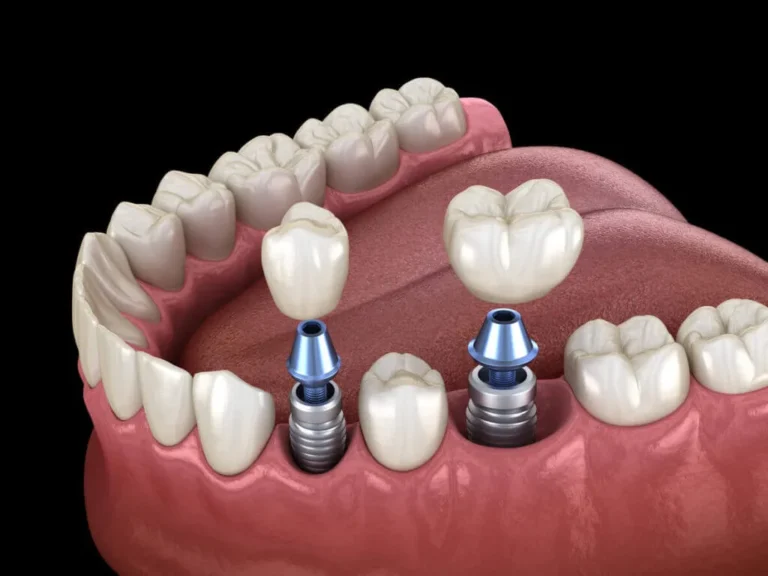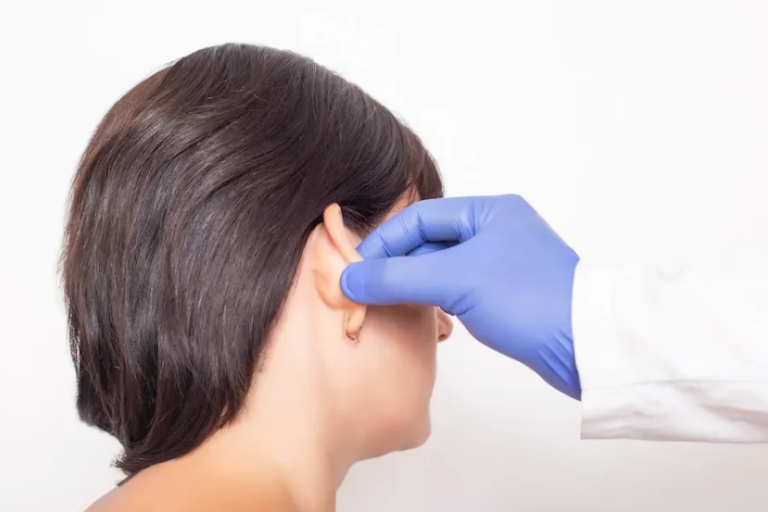Coping with Withdrawal During Addiction Recovery: Tips That Help
For many people starting addiction recovery, withdrawal is the first big hurdle. It’s the stage where the body and mind begin adjusting to life without drugs or alcohol, and it can be physically and emotionally draining. The good news? Withdrawal is temporary, and there are ways to make it more manageable. If you’re entering a rehab center in Virginia, you’ll likely have medical and emotional support to guide you through this challenging but essential phase.
Understanding Why Withdrawal Happens
Withdrawal occurs because your body has adapted to having a substance in its system. When that substance is suddenly removed, your brain and body need time to recalibrate. This adjustment can cause symptoms ranging from mild to intense, depending on the substance, length of use, and overall health.
Some common symptoms include:
Fatigue and sleep disturbances
Irritability or mood swings
Anxiety or depression
Physical discomfort such as headaches or muscle aches
Intense cravings
Knowing these symptoms are a natural response not a sign of weakness can help you stay mentally prepared.
Practical Ways to Cope with Withdrawal
While withdrawal can’t be avoided entirely, you can take steps to make it more manageable:
- Stay hydrated and eat nutritious meals – Your body needs energy and nutrients to heal.
- Follow a routine – Structure provides stability when your mind feels unsettled.
- Rest when you can – Sleep is one of the most powerful tools for recovery.
- Lean on support – Whether it’s friends, family, or professionals, don’t go through it alone.
- Distract yourself in healthy ways – Light exercise, reading, or listening to calming music can reduce anxiety and cravings.
The Role of Professional Support
Withdrawal can be dangerous without proper care, especially for substances like alcohol, opioids, or benzodiazepines. Medical detox in a professional setting ensures that symptoms are monitored and treated safely. If you’re in a program such as a rehab in Lynchburg, VA, you’ll likely have access to 24/7 medical staff, therapy sessions, and medication-assisted treatment to ease symptoms.
Staying Mentally Strong During Withdrawal
Physical discomfort is only half the challenge withdrawal also tests your mental resilience. Here are some mindset shifts that can help:
Remind yourself it’s temporary – Symptoms will fade with time.
Celebrate small wins – Every day without substances is progress.
Focus on the bigger picture – Withdrawal is the doorway to freedom from addiction.
Journaling your thoughts or practicing mindfulness meditation can also reduce stress and keep you focused on recovery.
Read Also: How Innovative Physiotherapy Techniques Improve Pain Management
Final Thoughts
Withdrawal is tough, but it’s also a sign your body is healing. With the right strategies, medical support, and mental focus, you can get through it and come out stronger. Every moment you endure brings you closer to the life you want to live.






